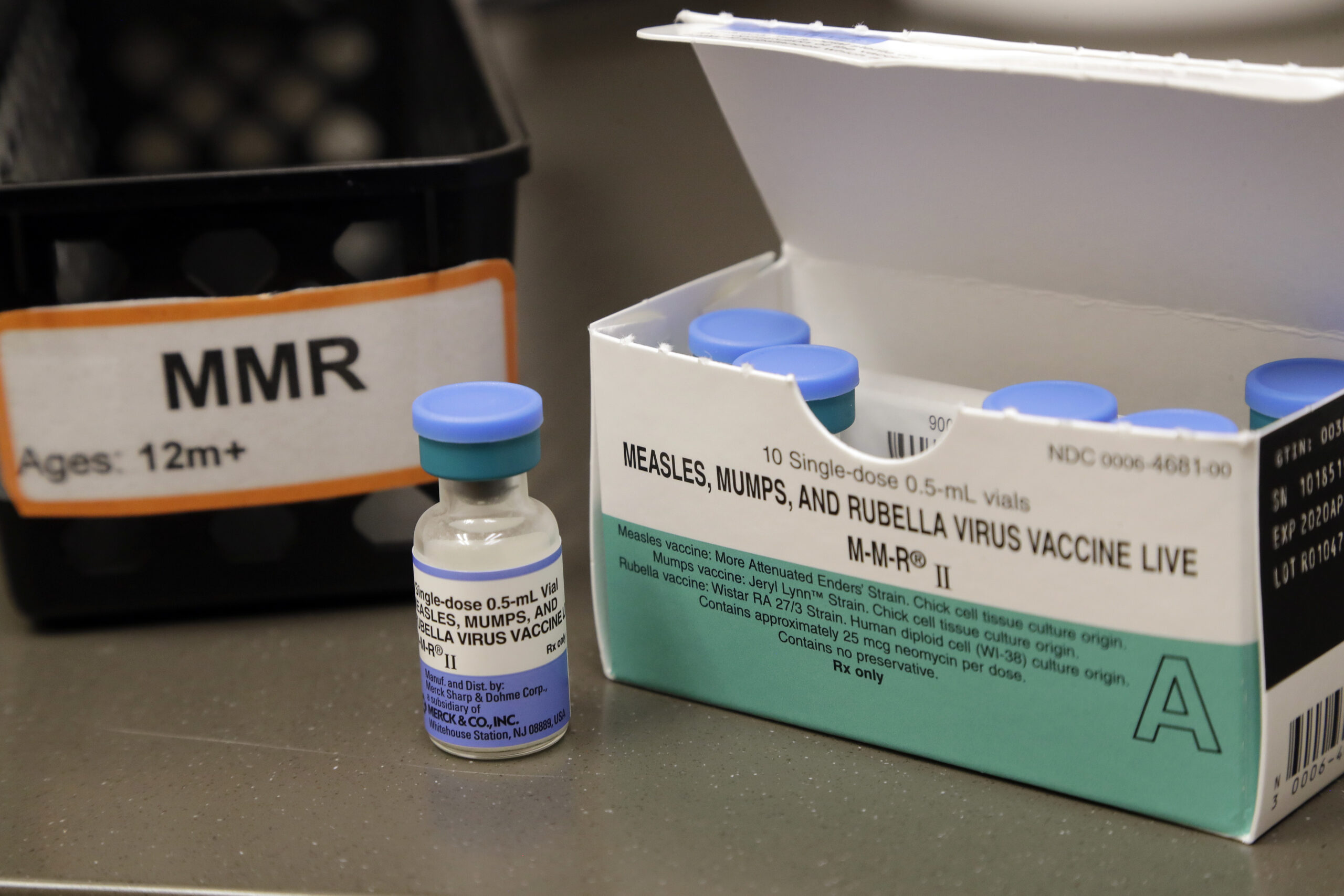

Public health experts are raising concern about the growing number of measles outbreaks across the United States, saying that unvaccinated children are most at risk of contracting severe disease.
“Those of us in healthcare are definitely leaning into this and paying attention,” Patricia Stinchfield, president of the National Foundation for Infectious Diseases, told the Washington Examiner.
Stinchfield, who has over four decades of experience in pediatric nursing and has overseen measles epidemic response teams, said the medical community should be on “high alert” as cases pop up across the country.
As of Friday, eight states have reported at least one case of measles in 2024. The Centers for Disease Control and Prevention has recorded only 16 cases as of Jan. 25, when the agency issued a warning to clinicians to be aware of the symptoms and encourage vaccination.
Although the relative size of outbreaks in each location has been rather small compared to the sizable outbreaks in Minneapolis and St. Paul, Minnesota, in 2017 or New York City in 2019, the number of outbreak locations across multiple states is causing concern.
“One case of measles is considered a public health emergency no matter where it is because of how transmissible it is,” Stinchfield said.
Measles is a highly contagious virus that can spread easily through coughing and sneezing. Virus particles for measles can live airborne for up to two hours after an infected person leaves an area.
Nine in 10 people exposed to measles who have either previously been infected or who have not had the vaccine will become sick, according to the CDC.
Children under 5 are most susceptible to the serious cases of measles. According to the CDC, one in every 20 children infected with measles can develop pneumonia, which is the most common cause of death from measles.
Children who contract measles are also more likely than adults to develop neurological complications from the illness, possibly leaving the child deaf or with an intellectual disability.
Vaccination rates globally for measles, mumps, and rubella, or MMR, remain lower than what public health officials would like to see, with only 74% of children worldwide receiving the vaccine, according to the World Health Organization.
In the United States, 93% of kindergarten-aged children have received the MMR vaccine. Several jurisdictions, however, are less than 90% vaccinated, including Washington, D.C., Wisconsin, Minnesota, and Georgia.
Stinchfield lamented increasing vaccine hesitancy in the wake of the COVID-19 pandemic will continue to play a role in the spread of infectious diseases for years to come.
“I’ve been working with vaccines as not a manufacturer, not a government official, but as a nurse practitioner [in] a children’s hospital,” Stinchfield said. “I can tell you that those who are unvaccinated are the ones who will pay the price.”
CLICK HERE TO READ MORE FROM THE WASHINGTON EXAMINER
When asked how the average person should respond to the growing measles problem, Stinchfield said that knowing whether one has had two full doses of MMR or a measles infection is the first step.
“Alertness should really come down to your own family,” Stinchfield said. “I wouldn’t underplay this.”







